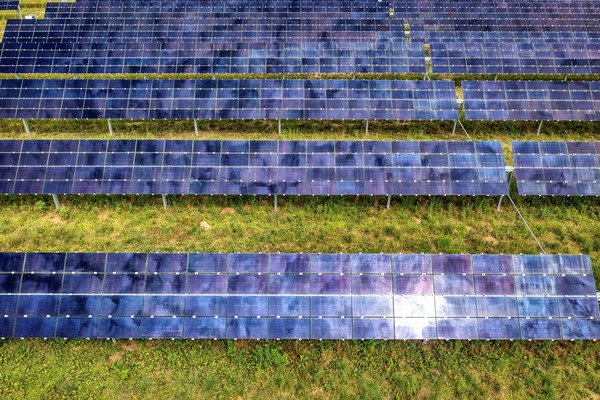Euro Motors has signed a 25-year solar energy agreement with Positive Zero. The project will be located in Sitra, Bahrain. It will involve the installation of rooftop and carport solar panels. Once completed, the solar system is expected to have a total capacity of 2.7 megawatt-peak (MWp).
The system is designed to generate around 4.7 gigawatt-hours (GWh) of electricity each year. This is enough power to match the yearly usage of approximately 654 homes. Positive Zero will handle all phases of the work. That includes building, financing, operating, and maintaining the system.
The solar panels are expected to cut greenhouse gas emissions by about 3,100 tonnes each year. According to the company, that is similar to the amount of carbon stored by 52,000 trees over a decade.
Euro Motors sells luxury cars such as BMW, Ferrari, MINI, and others. It operates under the Alzayani Investments Group. Midal Solar, a local solar contractor and subsidiary of Midal Cables, will be the engineering and construction partner on the project.
The system will support National Energy Strategy of Bahrain and its target of net-zero emissions by 2060.
Other smaller renewable projects in the Middle East have also been underway. For example, in Jordan, a small 5 MW wind farm near Tafila was quietly commissioned by a local cooperative to supply nearby villages. In rural Oman, a solar-powered water pumping project with an installed capacity of 1.1 MW was deployed to reduce diesel generator use in agriculture.
In Lebanon’s Bekaa Valley, a decentralized solar mini-grid was installed with 250 kW capacity for a farming community. These systems are helping local residents reduce fuel dependency, especially in areas with unreliable grid power.
These smaller efforts show that energy transition in the region includes a wide range of projects, not just large-scale solar farms. Rooftop and local-use systems continue to grow across the Gulf and Levant regions.



